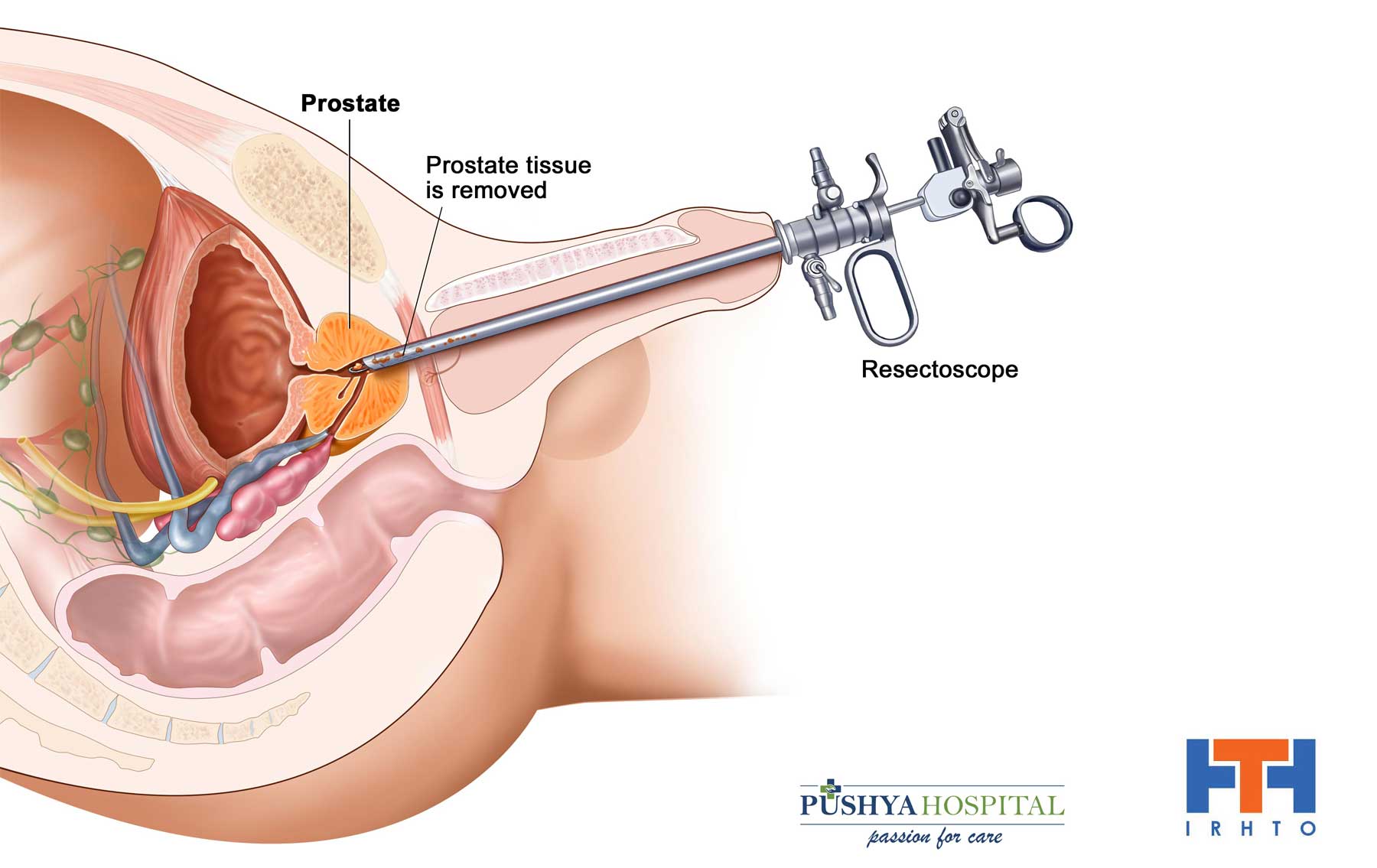Brain Tumors Surgery
All-inclusive Brain Tumors Surgery price
Tour Length: 10 Days 9 Nights
Pre-Operative
Surgery
Your doctor will be the best person to give you an exact estimate of how long your surgery will take.
- If your surgeon is only performing a biopsy, the surgery typically takes 2-3 hours.
- If your surgeon is performing a craniotomy and removal of your tumor, the surgery typically takes 4-6 hours.
- If your surgeon using a transsphenoidal approach to remove your tumor, the surgery typically takes 3-4 hours.
In addition to set-up time, any family or friends should also be aware that it could be 2-3 hours following the completion of your surgery before they are allowed to visit you in your room. This gives your care team time to monitor your vital signs and determine you have stabilized without complications.
Transfers: To Hotel, Hospital and the Airport
4-Star Hotel: Receive a 4-star accommodation depending on availability
Post-Operative: Aftercare as standard within our packages
After brain surgery, it will take time for the patient to return to his/her usual level of energy. Healing requires extra rest.
The amount of time required to recover after brain surgery is different for each person and depends on:
- The procedure used to remove the brain tumor
- The location of the tumor within the brain
- Areas of the brain affected by the surgery
- The patient’s age and overall health
The patient should expect to stay in the hospital for two to five days. The exact length of stay depends on many factors, such as the type of surgery performed and whether the patient had any complications or requires further treatment.
Our doctors and nurses provide expert care for each patient during the hospital stay. Before being released from the hospital, they will provide detailed instructions about home care.
Escort Interpreter: Greet you and help to check in and admit
Obtaining a visa (extra charge)
Booking airline tickets (extra charge)
Recreational tours (extra charge)
VIP services (extra charge)
Insurance and legal services (extra charge)
Further Information:
call the doctor if the patient:
- Has trouble urinating (peeing)
- Cannot control the timing of urination or a bowel movement
- Is confused or has trouble remembering things
- Has hallucinations
- Has major changes in mood or behavior
- Has difficulty seeing or hearing
- Is much more tired than usual or has difficulty waking up
- Is nauseous or vomits
- Feels weakness in the arms or legs or you have trouble walking
- Has more or worse headaches than usual
- Has a tingling feeling (pins and needles) or numbness (no feeling) in the face, arms or legs
- Faints or has a seizure
- Has difficulty talking
- Is more sensitive to light, has a stiff neck, or has a fever higher than 100.5º F (38º Celsius)
- Has a red, swollen or painful calf
The patient should also call the doctor with any questions or concerns.
What types of brain tumors are there, and who is likely to develop them?
Generally speaking, brain tumors can be categorized as benign (slow growing and noncancerous) and malignant (rapid growing and cancerous). Secondary tumors-those that originate in other parts of the body and then spread to the brain-are more common than primary tumors, which begin in the brain. Many types of brain tumors are named for the cells from which they grow or their location in the brain.
The question of why brain tumors develop remains unanswered. Some possibilities include environmental and occupational factors, a handful of inherited conditions, abnormal or missing genes, viruses, a defective immune system, and atypical fetal development.
Does severe headache indicate the presence of a brain tumor?
Severe headache can usually be attributed to causes other than a brain tumor. However, headache is a common symptom of brain tumors, particularly when the patient also experiences a loss of balance; nausea and vomiting that is not associated with migraine; double vision; or numbness. The constant headache that is worse in the morning than in the afternoon may also indicate the presence of a brain tumor.
What is the prognosis for people with brain tumors?
That depends on the type and grade of tumor and the patient: Children and young adults generally tend to fare better than older patients, and women better than men. While the diagnosis of a brain tumor is serious, there is hope on several fronts. Of all primary tumors-those that originate in the brain-about half are benign and can be treated successfully.
Why are some brain tumor patients treated with surgery alone, while others also undergo radiation or chemotherapy?
There is no one-size-fits-all treatment for brain tumors. It’s true that some low-grade tumors can be completely removed and cured by surgery. However, high-grade tumors (those that are the most malignant) tend to grow and spread very rapidly. Radiotherapy is used to slow the growth or reduce the size of tumors. While radiation can be delivered conventionally-that is, by using external beams aimed at the tumor-there are other techniques. Brachytherapy refers to radioactive “seeds” that are placed at the tumor site. Stereotactic radiosurgery can deliver high-dose beams to a very precise location on the tumor.
Chemotherapeutic drugs destroy cancer cells and are used to treat certain types of brain tumors. Chemotherapy often is preferred over radiation in treatment of young children with brain tumors, as radiation may have adverse effects on the developing brain.

